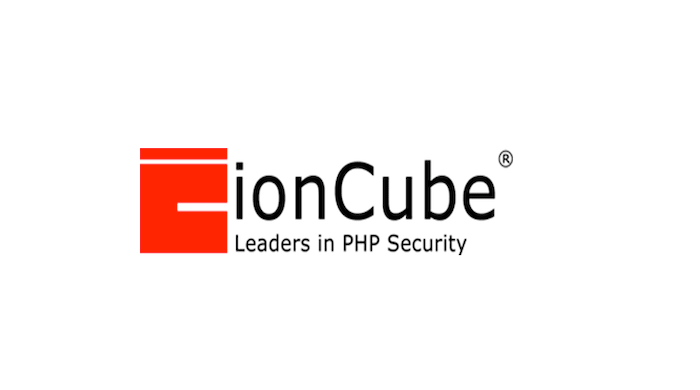
In this tutorial, we will show you how to install IonCube Loader on CentOS 8. For those of you who didn’t know, IonCube Loader is basically an encryption/decryption utility for PHP applications that also assists in speeding up the pages that are served. It is often required for a lot of PHP-based applications.
This article assumes you have at least basic knowledge of Linux, know how to use the shell, and most importantly, you host your site on your own VPS. The installation is quite simple and assumes you are running in the root account, if not you may need to add ‘sudo‘ to the commands to get root privileges. I will show you through the step-by-step installation IonCube Loader on a CentOS 8 server.
Prerequisites
- A server running one of the following operating systems: CentOS 8.
- It’s recommended that you use a fresh OS install to prevent any potential issues.
- A
non-root sudo useror access to theroot user. We recommend acting as anon-root sudo user, however, as you can harm your system if you’re not careful when acting as the root.
Install IonCube Loader on CentOS 8
Step 1. First, make sure that all your system packages are up-to-date by running the following dnf commands in the terminal.
sudo dnf update
Step 2. Install LAMP server.
A CentOS 8 LAMP server is required. If you do not have LAMP installed, you can follow our guide here.
Step 3. Installing IonCube Loader on CentOS 8.
Now, we download the latest version of ionCube Loader from its official website:
wget http://downloads3.ioncube.com/loader_downloads/ioncube_loaders_lin_x86-64.tar.gz tar xzf ioncube_loaders_lin_x86-64.tar.gz
Once the download is completed, we check on where they have loaded extensions to PHP:
php -i | grep extension_dir
The result should look like this:
extension_dir => /usr/lib64/php/modules => /usr/lib64/php/modules
Now, copy the ionCube loader module from the IonCube directory that matches your PHP version to the PHP extension directory:
cp ioncube/ioncube_loader_lin_7.2.so /usr/lib64/php/modules/
Once the file has been copied to the extensions directory, we need to make sure that the PHP configuration file is updated to use the correct extension:
nano /etc/php.ini
At the very top of the file let’s add the following line:
zend_extension = /usr/lib64/php/modules/ioncube_loader_lin_7.2.so
Now, we can restart the Apache webserver so that the changes take place:
systemctl restart httpd
Now, after checking our PHP version should already be visible our IonCube:
$ php -v
PHP 7.2.11 (cli) (built: Oct 9 2018 16:36:12) ( NTS )
Copyright (c) 1997-2018 The PHP Group
Zend Engine v3.2.0, Copyright (c) 1998-2018 Zend Technologies
with the ionCube PHP Loader + ionCube24 v10.3.9, Copyright (c) 2002-2019, by ionCube Ltd.
Congratulations! You have successfully installed IonCube Loader. Thanks for using this tutorial for installing IonCube on CentOS 8 system. For additional help or useful information, we recommend you check the official IonCube website.